Weekly Ukrainian media digest, March 7-13, 2017
Situation in the combat zone
Avdiivka. On March 11 resulting from hostile attacks, overhead power line got damaged yet again. It interrupted power supply in the city itself, at the Avdiivka Coke and Chemical Plant and at the Donetsk water filtration station. The two industrial facilities are responsible for supplying the city with water and heat. On March 12, Avdiivka came under Grad fire. In the morning on March 13 Russia-backed militants provided a written guarantee to cease fire so that repair works may take place. Later on repair works commenced on both sides of the contact line, Ukraine’s Ministry on the affairs of the occupied territories and of internally displaced persons reported.
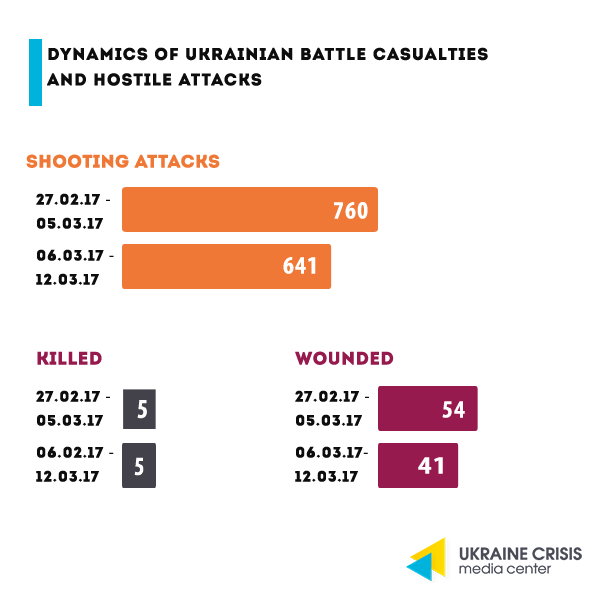
OSCE. Deputy Chief Monitor of the OSCE Special Monitoring Mission (SMM) to Ukraine Alexander Hug reported that the security situation in eastern Ukraine last week deteriorated. “There was a 230 percent increase in the recorded use of proscribed weapons last week, compared to the previous week,” Hug said. OSCE SMM has recorded 86 civilian casualties in eastern Ukraine since the beginning of the year, 16 of them were fatalities.
Life in “DPR” and “LPR”
Mercenaries in “DPR”. In an interview to a Russian TV channel former “Defense Minister” of the “DPR” Igor Girkin (Strelkov) spoke about the current composition of the militant groups in Donbas. He said there are no more “rebels” in eastern Ukraine. All the fighters in the areas that the government does not control are mercenaries, they are paid 15 thousand rubles (up to 250 euro) per month.
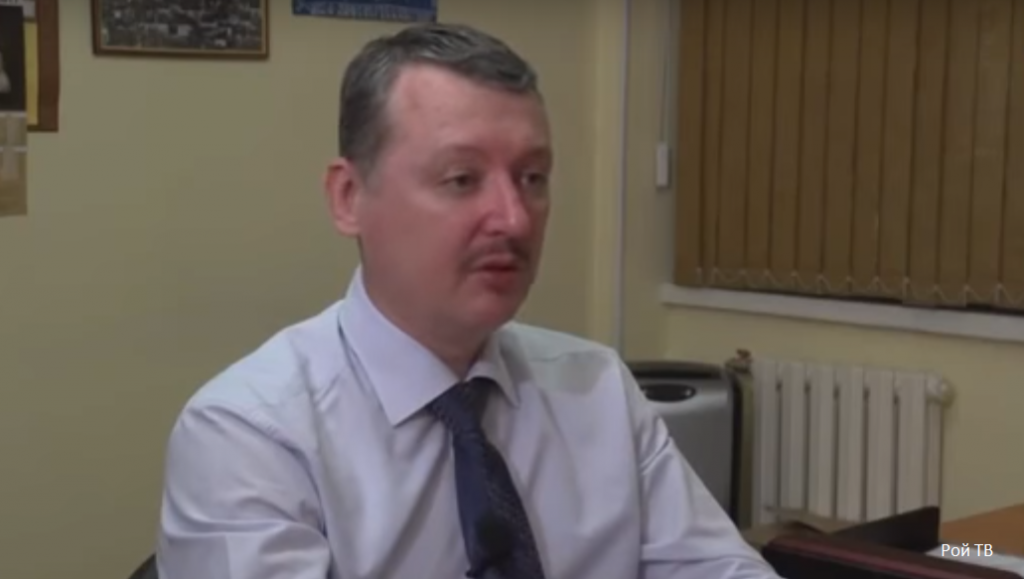
Death of a militant leader. One of the “DPR” founders Vladimir Makovych died in Donetsk on March 12. According to preliminary information he died from a heart attack. Makovych came into the spotlight in 2014 when he was publicly reading the so-called “declaration on the ‘DPR’ sovereignty”.
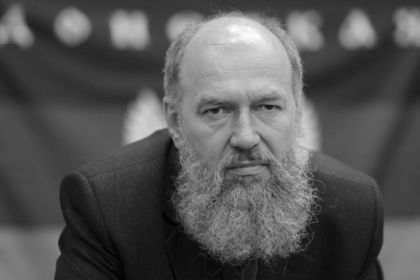
Impunity for foreign mercenaries fighting in the occupied territories. In addition to the Russian citizens, mercenaries from Serbia, Slovakia, the Czech Republic, Belarus, France, Italy and other countries are fighting on the militant side in eastern Ukraine. Recently Ukraine’s Security Service eliminated the channel for recruitment of foreign mercenaries to the “LPR” as well as detained a Brazilian militant. According to the Slovak journalist Tomas Forro, among the mercenaries in Ukraine’s east are the nationalists who support Russia, supporters of the left-wing ideas wishing to live in the Soviet Union restored by Russia as well as combat veterans who cannot live without fighting and are taking part in the armed conflicts across the globe. The journalist said he is not sure whether the states the citizens of which are fighting against Ukraine are doing their utmost to hold them liable after they are back home.
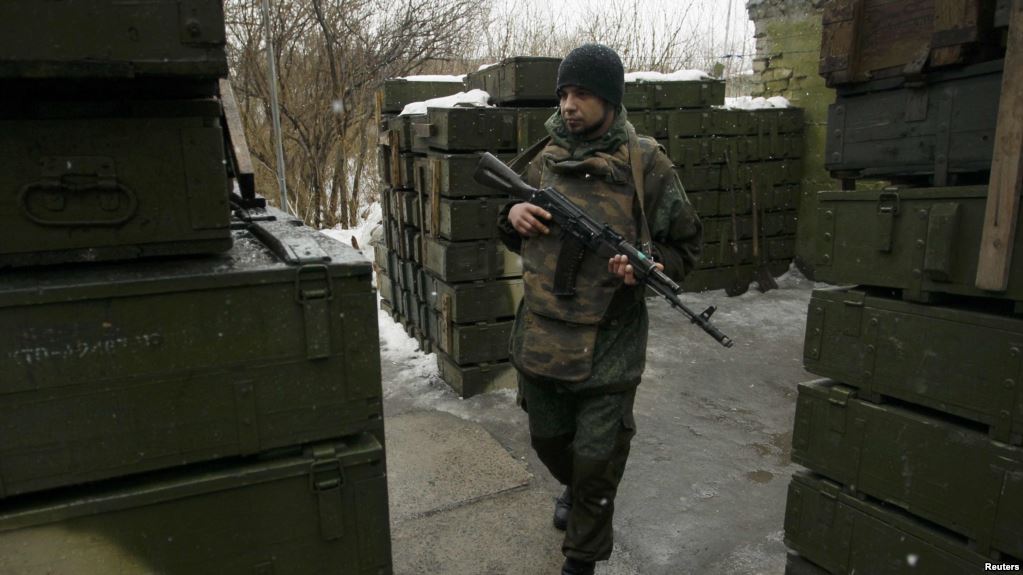
How “DPR” residents travel abroad. After Ukrainian tourist operators lost market in the occupied part of Donetsk region it was retaken by the big Russian tourist operators offering trips abroad with departure from Russia. The companies are offering tours to almost any destination with departure from Rostov. The prices are average for the Russian market but still too high for many locals of Ukraine’s occupied areas.
Result of the first round of court hearings in The Hague: what you need to know
First court hearings pertaining to Ukraine’s lawsuit against Russia at UN’s International Court of Justice (ICJ) took place on March 6-9. During its speech on March 6, Ukrainian side called upon the ICJ to make Russia stop financing of militants, supply of weapons and equipment to them as well as training of militant groups in Donbas.
On the second day of the hearings the Russian side presented its arguments. On the last day, Russia said that Ukrainian side has no particular proof that Russia is supplying weapons to the militants. At the same time, Kremlin claimed that Russia will recognize the Court’s decision.
In an interview, Deputy Head of Ukraine’s Foreign Affairs Ministry Olena Zerkal, said that Ukraine might file a new lawsuit against Russia.
Political scientist Mykhailo Basarab noted that the case might be considered for years. However, Ukraine counts on the ICJ decision that will suggest particular tools to de-escalate the conflict in Donbas and will, namely, help stop Russia from supplying the weapons in the areas in question. There is hope that respective decisions will come in the nearest months.
Crimea: “nationalization” reached Akhmetov’s companies in the occupied peninsula?
The process of seizure (or so-called “nationalization” in the Russian narrative) held in Crimea by the Russian authorities, reached the assets of the Ukrainian oligarch Rinat Akhmetov. Since the start of the week, temporary administration was introduced at the two biggest plants of Kerch – the metallurgic and the railway switch plants. According to the de-facto Crimean authorities the plant that was controlled by Ukrainian owners was now passed to the state property.
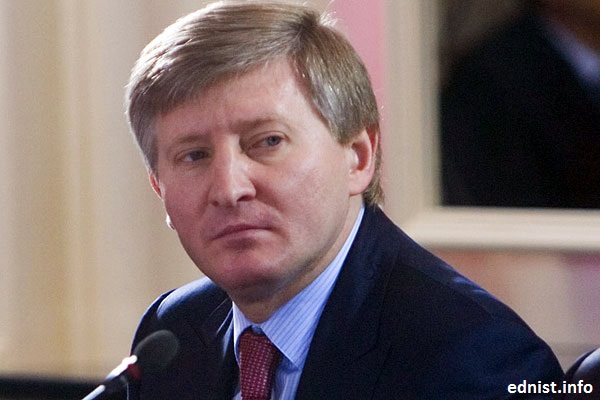
Representatives of Akhmetov’s company have not commented on the situation yet. To remind, in the beginning of March Russia-backed militants started seizing remaining Ukraine-managed plants operating in the occupied areas. Some of the “nationalized” plants are owned by Akhmetov.
Judicial reform: who are the judges?
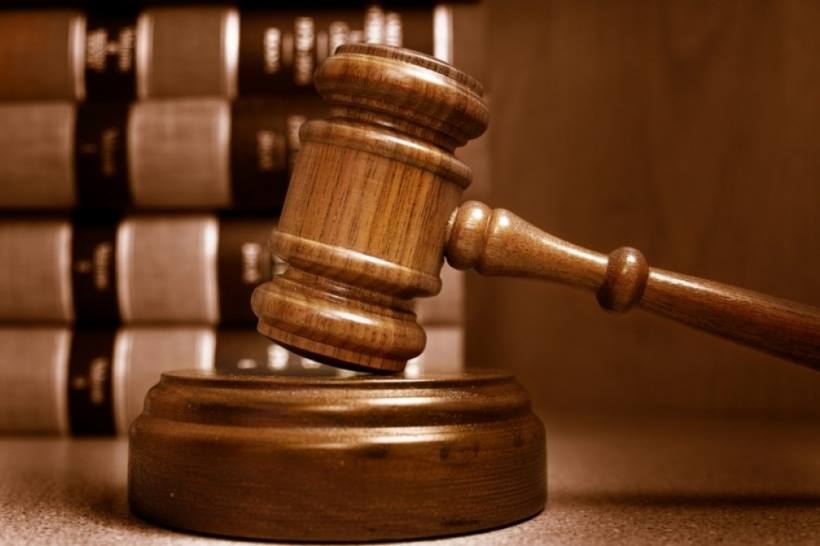
Ukraine’s civil society keeps following the reform progress and analyzing the results. Profiles of one third of all the applicants to the positions of judges in the Supreme Council of Justice do not correspond to the integrity criteria. These are the results that the civic initiative “CHESNO” (honestly) got through analyzing the candidates’ profiles. The experts have analyzed profiles of all the 44 applicants to the positions of the Supreme Council of Justice members to discover that 16 of them are not in line with the established criteria. The candidates were checked against the non-involvement into adoption of illegal decisions, human rights violation, transparency of assets and coherence of the lifestyle with the assets declared, professional expertise, non-involvement into corrupt acts as well as the violation of the judicial code of conduct.
Selection of dishonest candidates to the Supreme Council of Justice is a threat to the judicial reform. Activists noted that the six members of the Council to be elected on March 14-15 constitute approximately one third. If dishonest judges will get to the Supreme Council of Justice, the entire judicial reform is at risk.
Culture: will performance in the annexed Crimea black-list the Russian participant of the Eurovision?
Russia has nominated the musician to represent the country at the Eurovision-2017 in Ukraine. Yuliya Samoylova has got disability and is moving in a wheelchair. Activists of the “Vidsich” movement quoting the information from the singer’s page on the social network pointed at the fact that she performed in the occupied Crimea back in 2015. According to the activists it stands not only as a gesture of support to the Russian aggression in Ukraine but is a violation of the established procedure of entry to the occupied Crimea. Activists demand that Ukraine’s Security Service bans Samoylova from entering Ukraine. Security service spokesperson Olena Hitlyanska noted that the agency is checking the information and is to provide an answer that will not be politically motivated. Some social media users assume that Russia expected Samoylova to be banned from entry to Ukraine and chose a person with disability on purpose in order to create a scandal.
Sports: Svitolina named best tennis player of February

Women’s Tennis Association named Ukrainian Elina Svitolina the best tennis player of February. Over the month, Svitolina did not lose a single game, had 13 victories in a row, won two tournaments (in Taipei and Dubai) and entered the top-10 list of international tennis players as well as helped the Ukrainian team win against the Australian counterparts at the Australia’s Fed Cup.
Svitolina left behind the French tennis player Kristina Mladenovic and the Czech tennis player Karolina Plishkova (by getting 63 per cent of votes against the 27 and 10 per cent respectively).
Our selection of English-language materials by Ukrainian media
Reportage
”Ukraine has began the legal fight” – The Day
”Head of EU Delegation to Ukraine names terms of holding elections in Donbas” – UNIAN
”UN warns of possible threat of chemical disaster in eastern Ukraine” – UNIAN
”Early separatist leader dies in Donetsk” – Livy Bereh
”How the Ukrainian army has changed since 2014” – Hromadske International
Interview
”How to nationalize foreign policy?” – The Day’s interview with MP Hanna Hopko
Opinion
”Magic coal mines and Russian vow of silence” – column of UNIAN’s Roman Tsymbalyuk on Russia’s defense in The Hague
Analytical materials
”Ukraine vs Russia at ICJ explained” – Hromadske International
”Ukrainian interest. Attack in The Hague, Transatlantic Klimkin, and “Law and Justice” vs Tusk” – UNIAN’s weekly analytical digest
”Black Sawn. Second Take” – Livy Bereh analyzes Nasirov’s case





